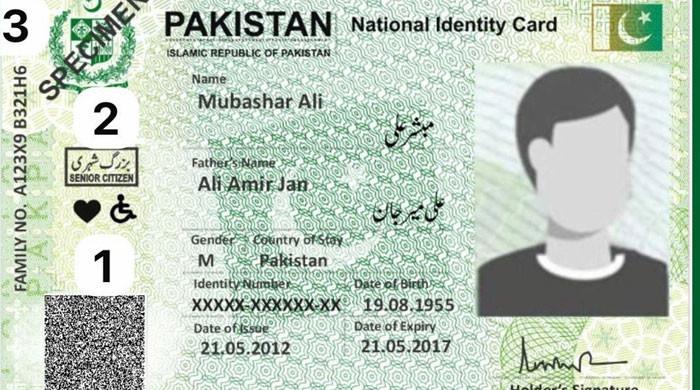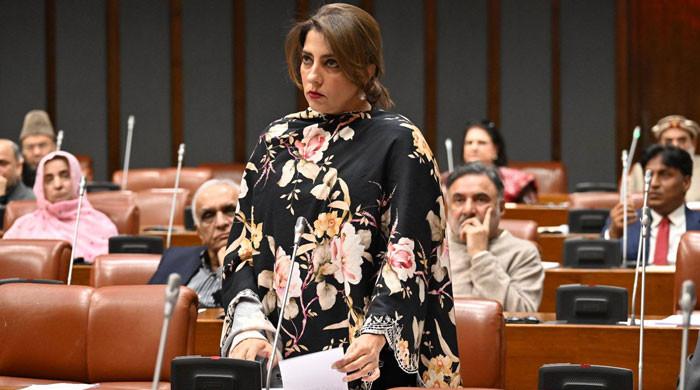Divorced, widowed Hindu women in Sindh allowed second marriage
Provincial Assembly passes Sindh Hindu Marriage Amendment Bill, 2018
May 26, 2018
KARACHI: Divorced or widowed women from minority communities in Sindh now have the right to marry six months after separation from their spouse or his demise as the provincial assembly has passed Sindh Hindu Marriage Amendment Bill, 2018.
Under the bill, women who are in a strained marriage can file for separation. It allows men and women to make a mutual decision on separation. However, the bill states that even in case of separation, the man would have to provide for the children.
Prior to the passage of the bill, divorced or widowed women from the minority communities in Sindh were not legally allowed a second marriage.
The amended bill that was passed Friday has also prohibited bigamy.
It states that a person cannot get married for the second time while their first spouse still lives with them.
“Any marriage solemnised after the commencement of this act is void if at the date of such marriage either party had a spouse living,” reads clause 18 of the bill.
Anyone marrying without informing or by lying to their spouse would be sentenced to a six-month jail term or a fine of Rs5,000 or both, states the bill.
Moreover, the bill also touches upon the most pressing issue i.e. of early marriages faced by the minorities in Pakistan, mainly Hindus living in Sindh.
According to the amended law, the minimum age for bride and groom should be 18 years.
During the past few years, a number of marriage-related issues have been reported from the Hindu community, mainly from Sindh as the province houses their majority. Since there was no law in place to deal with them, jirgas and panchayat would announce a decision, without considering the rights of women, children and their livelihood, in most cases.
The bill on Hindu marriage was passed in Sindh for the first time in 2016. It was the first such legislation that allows Hindu marriages to be registered, giving them validity in the province.
The Sindh Hindus Marriage Bill, 2016 also specified the procedure and conditions for marriages in the minority communities, providing them with legal cover.











